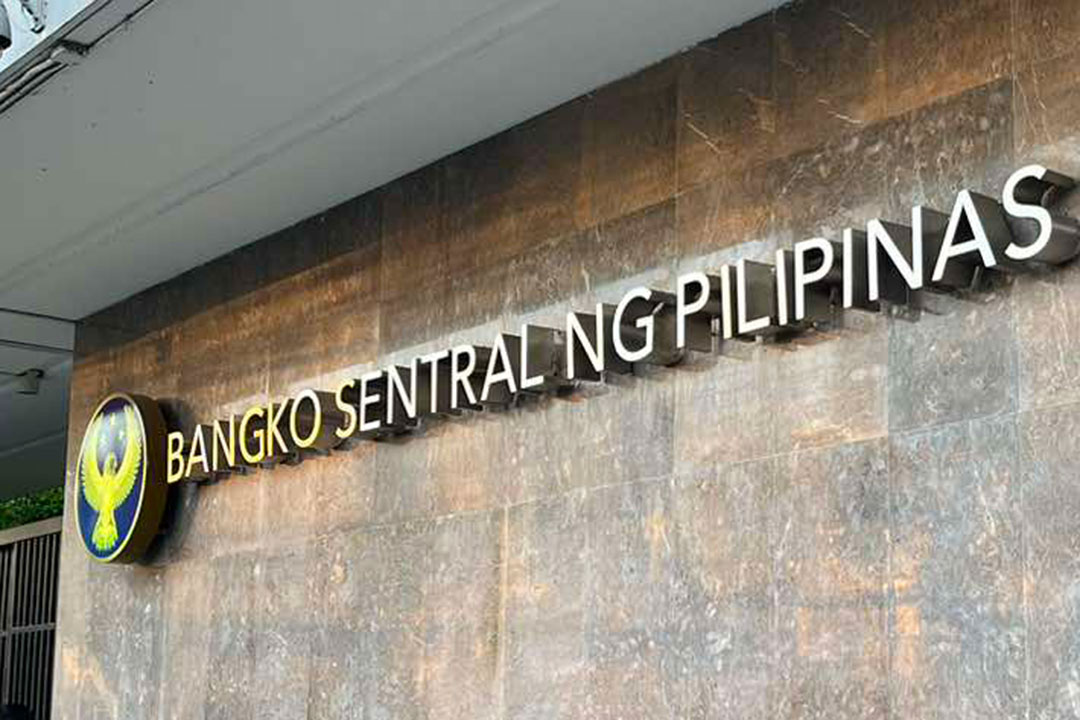Term deposit yields mixed on weak demand due to ongoing RTB offer

YIELDS on the Bangko Sentral ng Pilipinas’ (BSP) term deposits were mixed on Wednesday, with the one-week tenor going undersubscribed for a second straight week as the government’s ongoing retail Treasury bond (RTB) offer likely cornered some of the market’s excess liquidity.
The central bank’s term deposit facility (TDF) fetched bids amounting to P103.771 billion, higher than the P100 billion placed on the auction block and the P88.578 billion for the same volume offered a week earlier. However, the BSP only awarded P88.846 billion in papers as the one-week deposits were undersubscribed.
Broken down, tenders for the seven-day term deposits stood at only P38.846 billion, lower than the P50 billion placed on the auction block but higher than the P31.69 billion in bids seen last week for the same offer volume. The BSP accepted all the submitted bids for the tenor.
Accepted yields were from 5.23% to 5.265%, unchanged from the margin seen the week prior. However, the weighted average accepted rate for the one-week deposits inched up by 0.28 basis point (bp) to 5.2549% from 5.2521% previously.
Meanwhile, the 14-day papers attracted P64.925 billion in bids, well above the P50 billion auctioned off by the BSP and the P56.888 billion in tenders fetched last week for the same offer volume. The central bank fully awarded P50 billion in two-week deposits.
Banks asked for yields ranging from 5.265% to 5.305%, narrower than the 5.25% to 5.33% margin seen last week. This caused the average rate of the 14-day deposits to decline by 1.08 bps to 5.2901% from 5.3009% previously.
The BSP has not auctioned off 28-day term deposits for nearly five years to give way to its weekly offerings of securities with the same tenor.
Both the TDF and BSP bills are used by the central bank to mop up excess liquidity in the financial system and to better guide market rates towards the policy rate.
“The BSP TDF auction yields were mixed after being slightly lower for most weeks over the past three months in view of the ongoing RTB offering that could be siphoning some of the excess liquidity in the financial system,” Rizal Commercial Banking Corp. Chief Economist Michael L. Ricafort said in a Viber message.
The National Government raised an initial P210 billion via its latest RTB offering at the rate-setting auction held on Tuesday, well above the P30-billion program.
The public offer period for the five-year retail bonds that have a coupon rate of 6% will run until Aug. 15, unless closed earlier by the Bureau of the Treasury (BTr). Settlement is on Aug. 20.
Mr. Ricafort added that TDF yields were little changed following the release of data showing that Philippine inflation slowed to 0.9% in July that could justify further monetary easing by the BSP, with a third straight rate cut likely as early as this month.
Headline inflation eased to 0.9% in July from 1.4% in June and the 4.4% clip in the same month a year ago, the government reported on Tuesday.
This was the lowest consumer price index (CPI) in nearly six years or since the 0.6% print posted in October 2019. It also marked the fifth straight month that inflation settled below the central bank’s 2-4% target range.
The July print was within the BSP’s 0.5%-1.3% forecast for the month, but below the 1.2% median estimate yielded in a BusinessWorld poll of 17 analysts conducted last week.
For the first seven months of the year, the CPI averaged 1.7%, a tad higher than the BSP’s 1.6% full-year forecast.
BSP Governor Eli M. Remolona, Jr. told Bloomberg on Tuesday that the benign July inflation reading makes a rate cut “more likely” at the Monetary Board’s Aug. 28 meeting.
“Something unexpected would have to happen for us not to cut rates,” Mr. Remolona said. That will likely be followed by another reduction in the fourth quarter, the governor said.
After this month’s review, the Monetary Board’s remaining meetings for this year are scheduled for Oct. 9 and Dec. 11.
With inflation this year likely to average below the central bank’s 2-4% goal and within that range in 2026, it gives the BSP leeway to further lower borrowing costs “as long as the numbers look good, inflation remains low and the economy can still afford” more easing, he said.
“You can still cut some more,” the governor said, while adding that any decision now on the central bank’s rate path would be premature. “There’s so many things going on globally. There’s less certainty about the global economy.”
The Monetary Board has slashed benchmark borrowing costs by a total of 50 bps this year via two consecutive 25-bp cuts in April and June, with the policy rate now at 5.25%. This brought cumulative reductions since August 2024 to 125 bps. — Katherine K. Chan with Bloomberg



